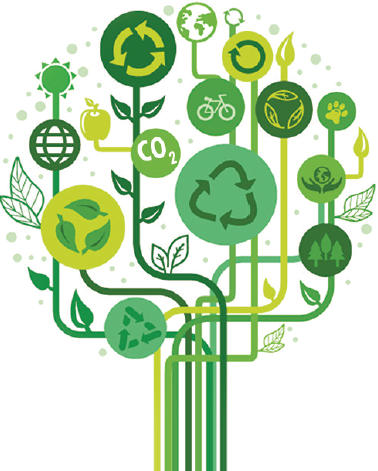Carbon dioxide is becoming increasingly popular as a new raw material for plastics production. In a project entitled "Production Dreams", the Institute of Plastics Processing (IKV) at RWTH Aachen University is working together with raw materials manufacturer Covestro and other institutes of RWTH Aachen University and TU Berlin on a process that involves using greenhouse gas on an industrial scale for the production of elastomers. The project is financed by the German Federal Ministry of Education and Research (BMBF) as part of the initiative "r+impulse – Innovative Technologies for Research Efficiency" over a period of three years.
Normally, elastomers are based entirely on oil. It is now possible in their production to replace around 25 percent of the oil used in the feedstock with CO2 to form so-called "polyether carbonate polyurethanes", which can be further processed into elastomers. Individual batches of the innovative material can already be produced in the laboratory. It is now a question of developing a continuous process to enable economical production and further processing on an industrial scale.
Significantly better eco-balance
Small-scale trials have shown that the elastomers produced in this way have the same high quality as those produced from petrochemical raw materials. At the same time, the large-scale process that the project partners want to devise and implement is far more energy-efficient and needs less solvent. It therefore has a much better eco-balance than conventional processes. Because less oil is used, the processing steps prior to its use in the elastomer are also avoided, thus saving CO2 emissions and energy throughout the process. This conserves the limited resources of crude oil and extends the raw material basis of the chemical and plastics industry.
Information
Nafi Yesildag, M.Sc.
nafi.yesildag@ikv.rwth-aachen.de

